Trustee Creates Unique Investing Program for UNL Students
By Robyn Murray
Douglas Waggoner grew up in Gothenburg, a town of 3,500 people in central Nebraska. Today, after a highly successful Wall Street career, he still feels connected to Nebraska.
Waggoner, a University of Nebraska-Lincoln alumnus who serves as a University of Nebraska Foundation Trustee and on the foundation’s Investment Committee, comes back to Nebraska as often as he can. Mostly, he returns to check on his students — business majors in the Investors With Purpose program, which Waggoner created in partnership with Kathy Farrell, Ph.D., James Jr. and Susan Stuart Endowed Dean of the UNL College of Business, in 2020.
“I’m trying to give them opportunities and experiences that can be used certainly here in Nebraska but around the world as well,” Waggoner said. “I believe in mentorship and the benefits it can provide to students. And perhaps, I can help provide that guidance to a few students.”
I believe in mentorship and the benefits it can provide to students. And perhaps, I can help provide that guidance to a few students.
Doug Waggoner, University of Nebraska Foundation Trustee
The Investors With Purpose program is a wealth management course that brings together high-achieving students with global investment professionals for a unique learning experience. Directed by Richard DeFusco, Ph.D., CFA, a professor of finance and department chair in the college, the program has four goals: to educate students about wealth management and finance; to connect them with industry mentors; to provide paid internship experience; and to form a community of like-minded students who can support each other throughout their careers.
“I think those connections are probably the most important part of the course,” DeFusco said. “I’ve had students write letters to me and to Doug about how the opportunities that they’ve had here in class have been life-changing.”
Waggoner, who worked for Ford Motor Co. and Rockwell International and spent 25 years as a senior leader at BlackRock, draws from his connections to bring experts to class and create internships, which are funded by the Douglas and Karin Waggoner Family Foundation.
Lydia Hoffman, a junior with a double major in finance and Clifton Builders management, spent nine hours a week during the fall semester interning at the Nebraska Investment Council with the support of the Waggoner Foundation. She said the experience brought together her love of government and finance.
“The state’s funds exceed $40 million, and going into work every day and buying millions of dollars’ worth of bonds is not something every college junior gets to experience,” she said. “I really enjoyed it.”
Waggoner hopes experiences like that will provide students with a leg up in the finance industry or any other business field they choose. He also believes the program helps to elevate the College of Business and draw more students in.
“I think as this program grows, students will be attracted to the University of Nebraska because of this program,” he said. “It’s something quite unique, which helps build recognition for the college.”





